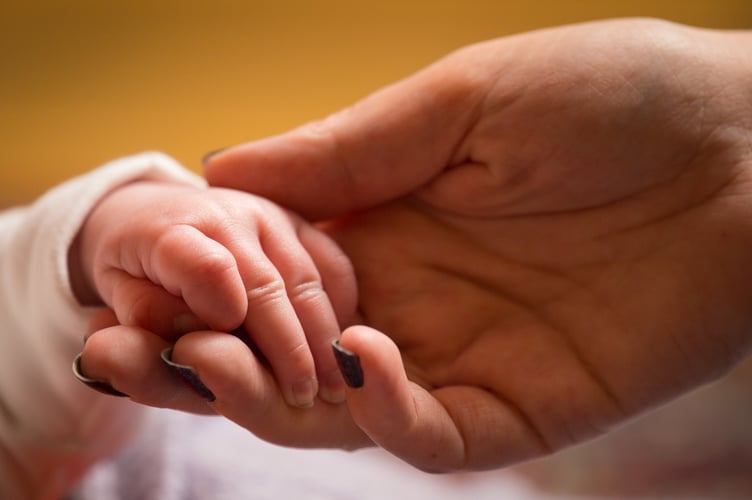Life expectancy at birth for men in Woking is below pre-pandemic levels, new figures show.
It comes as the King's Fund, a health think tank, said the Government's goal of improving healthy life expectancy and halving the regional gap "looks increasingly challenging" as these recent statistics show significant inequality.
Figures from the Office for National Statistics show a boy born in Woking between 2021 and 2023 has a life expectancy of 80.8 years – down from 82.5 in 2017 to 2019, before the coronavirus pandemic.
Meanwhile, the life expectancy for a baby girl remained stable at 84.9 years.
Across the South East, the average life expectancy was 80.3 years for men and 84.1 years for women.
The ONS data shows a clear geographical divide, as the 10 areas with the highest male life expectancies are all in the south of England. Of the 10 areas with the lowest expectancy, six are in Scotland, three are in the north of England and one is in Wales.
There was a similar pattern for female life expectancy with the 10 highest estimates all in southern England, and the lowest also split between Scotland, northern England and Wales.
Blackpool replaced Glasgow as the area in Britain with the lowest male life expectancy at birth – the first time the Scottish city has not had the lowest estimate for men since comparable records began.
But Glasgow remains the area with the lowest female life expectancy at 78.3 years.
The ONS figures also show life expectancy at birth in 2021-23 remained lower than before the Covid-19 pandemic in a majority of areas for both males and females.
Greg Ceely, ONS head of population health monitoring, said: "Today’s data shows a decline in life expectancy in most areas during 2021 to 2023, compared with the period of 2017 to 2019.
"This suggests we are yet to see a recovery from the decrease in life expectancy we saw during the pandemic."
He added the results continue to show a "clear geographical divide".
"For example, in England, male life expectancy in the South East is three years higher than in the North East, and female life expectancy 2.7 years higher in London compared to the North East," he said.
Veena Raleigh, senior fellow at the King’s Fund said: "Achieving the Government’s ambitious goal of improving healthy life expectancy and halving the regional gap in it looks increasingly challenging given these trends."
She added the Government will need to invest in "turning the tide on population health".
"Reducing the gross health inequalities that blight our society is both an economic necessity and a civic duty," she said.
The estimates of life expectancy for babies born in 2021-23 will reflect the impact of the Covid-19 pandemic, which contributed to a higher-than-average number of deaths in this period.
But while the pandemic disrupted the small improvements in life expectancy seen between 2010 and 2019, it does not necessarily mean a baby born between 2021 and 2023 will go on to live a shorter life than one born between 2017 and 2019.
"If mortality rates improve in the future, then period life expectancy will increase," the ONS added.


.jpeg?width=209&height=140&crop=209:145,smart&quality=75)

